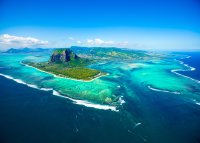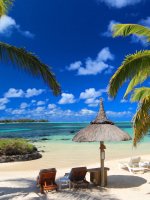Holidays Please is an Accredited Body Member of Hays Travel Limited, ATOL 5534.
Many of the flights and flight-inclusive holidays on this website are financially protected by the ATOL scheme. But ATOL protection does not apply to all holiday and travel services listed on this website. Please ask us to confirm what protection may apply to your booking. If you do not receive an ATOL Certificate then the booking will not be ATOL protected. If you do receive an ATOL Certificate but all the parts of your trip are not listed on it, those parts will not be ATOL protected. Please see our booking conditions for information or for more information about financial protection and the ATOL Certificate go to caa.co.uk or atol.org.uk/ATOLCertificate
Book with Confidence. We are a Member of ABTA which means you have the benefit of ABTA’s assistance and Code of Conduct. We provide financial protection for your money when you buy a package holiday. If you buy other travel arrangements such as accommodation only this protection doesn’t apply.
Holidays Please sells travel services on behalf of Hays Travel Limited and benefits from Hays Travel's membership of ABTA with membership number 65310 ABTA and ABTA Members help holidaymakers to get the most from their travel and assist them when things do not go according to plan. We are obliged to maintain a high standard of service to you by ABTA's Code of Conduct.
For further information about ABTA, the Code of Conduct and the arbitration scheme available to you if you have a complaint, contact ABTA, 30 Park Street, London SE1 9EQ. Tel: 020 3117 0599 or www.abta.com.
Hays Travel Limited are registered in England and Wales with company number 1990682 and VAT number 193167195. Registered office: 25 Vine Place, Sunderland, Tyne & Wear SR1 3NA
Holidays Please is a trading name of Holidaysplease Ltd who are registered in England and Wales with company number 04488333 and VAT number GB193167195. Registered office: Church Court, 11-12 Cox Street, Birmingham B3 1RD














